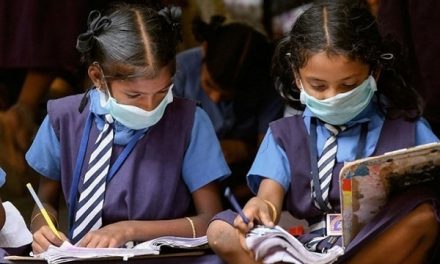In a major relief to central government employees and pensioners, the Supreme Court has said that a government employee cannot be denied Mediclaim just because he/she chose a private hospital for treatment during an emergency. The court in its verdict on Saturday said that an employee or a pensioner cannot be denied their share of Mediclaim even for receiving treatment outside CGHS-empanelled hospitals.
As per a India Today report, reimbursement cannot be denied to a central government employee either during service or after retirement if he/she does not seek treatment from a hospital that is not on the list of CGHS-empanelled hospitals, the SC said.
“The right to medical claim cannot be denied merely because the name of the hospital is not included in the government order,” the bench of Justice RK Agrawal and Justice Ashok Bhushan was quoted saying by India Today.
The court said the government will have to verify that the claim being made by an employee or pensioner is in the record of certified doctor or hospital or not. The SC said that the government can also verify if the employee or pensioner concerned has actually taken treatment or not. Based on these facts, an employee or a pensioner can be denied or granted Mediclaim, it said
The apex court order came on a petition filed by a retired central government official who had sought treatment from two private hospitals and demanded the reimbursement of medical bills.
Speaking for the bench, Justice RK Agrawal stated, “Can it be said that taking treatment in specialty hospital by itself would deprive a person to claim reimbursement solely on the ground that the said hospital is not included in the Government Order?”
“The real test must be the factum of treatment. Before any medical claim is honored, the authorities are bound to ensure as to whether the claimant had actually taken treatment and the factum of treatment is supported by records duly certified by Doctors/Hospitals concerned.”
“Once, it is established, the claim cannot be denied on technical grounds,” the Supreme Court said.
‘No fetters can be placed on rights of Central govt employee’
The apex court went on to add that it is a settled legal position that the employee during his lifetime in service or after his retirement is “entitled to get the benefit of the medical facilities and no fetters can be placed on his rights”.
CGHS approach ‘very inhuman’
The court order was issued on a petition by a retired central government official who had sought treatment from two private hospitals and demanded the reimbursement of medical bills. The government had initially refused to reimburse the bill saying that implant of CRT-D device was not required.
The court said: “It is acceptable to common sense, that ultimate decision as to how a patient should be treated vests only with the doctor, who is well versed and expert both on academic qualification and experience gained. The very little scope is left to the patient or his relative to decide as to the manner in which the ailment should be treated.”
Holding that the CGHS approach in the instant case was “very inhuman”, the court said: “This is hardly a satisfactory state of affairs. The relevant authorities are required to be more responsive and cannot in a mechanical manner deprive an employee of his legitimate reimbursement.”
The Central Government Health Scheme (CGHS), the court said was propounded with the purpose of providing a health facility scheme to the central government employees so that they are not left without medical care after retirement.











